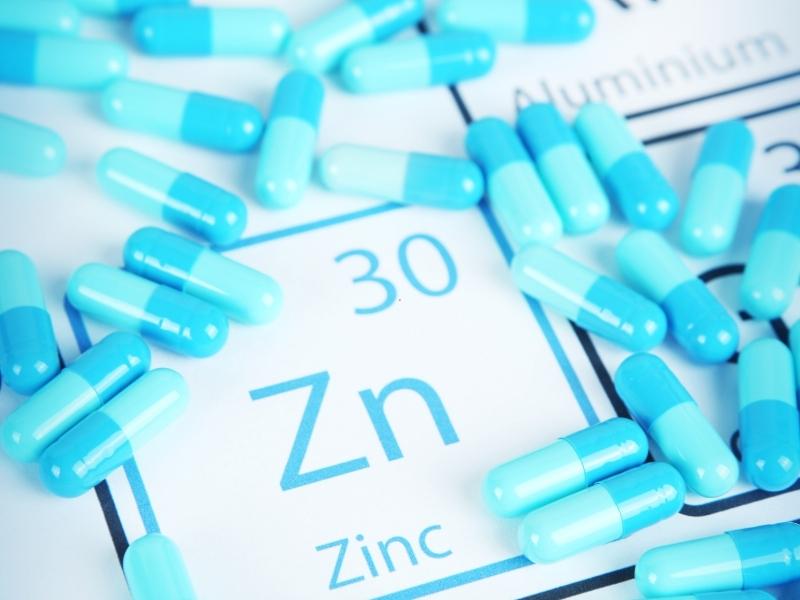Metal plays a vital role in modern life. However, its susceptibility to rust requires extra protection. One material proven effective in preventing corrosion is zinc dust. This material is widely used in various industries due to its ability to protect metal from oxidation and environmental damage. With proper use, metal can last longer, even under extreme conditions.
What Is Zinc Dust and Why Is It Important?
Zinc dust is a zinc metal powder with very fine particles. Its bluish-gray color and reactivity to oxygen make it highly useful in the industrial world. Zinc (Zn) itself has more negative electrochemical properties than iron. Therefore, when used as a coating, zinc reacts first with oxygen, protecting the underlying iron from rust.
In engineering, this reaction is called a “sacrificial anode.” This means that zinc protects another metal by sacrificing itself first. This simple concept is the basis of modern anti-corrosion coatings.
According to data from the Material Performance Journal (2023), zinc-based coatings can extend the life of steel by 10–15 years compared to no additional protection. This fact demonstrates the significant role zinc plays in maintaining material durability.
Effective and Long-Lasting Corrosion Protection
The most common use of zinc dust is in anti-rust paint or zinc-rich coatings. In the maritime industry, steel bridges, and fuel tanks, this coating is the primary protection standard. Zinc reacts to form a stable oxide layer, while the steel surface remains protected from water and air.
Furthermore, zinc-based coatings also increase the mechanical durability of the surface. Zinc-containing paints not only provide protection but also provide an elegant metallic gray appearance.
Therefore, in addition to heavy industry, this material is also used in electronics and automotive equipment. The advantage is that the coating is conductive, thus protecting devices from electromagnetic interference (EMI shielding).
Thanks to this layered protection, this material provides a long-term solution to prevent significant maintenance costs and replacement of corroded components.
Important Role in the Metallurgy and Energy Industry
Zinc plays a significant role not only as a metal coating, but also in metallurgy. In the refining process of precious metals such as gold and silver, zinc is used to precipitate metal ions from cyanide solutions. This method is known as the Merrill-Crowe process. With the help of zinc powder, valuable metals can be separated efficiently and quickly.
Furthermore, zinc is also an important ingredient in battery manufacturing. In zinc-air batteries, zinc reacts with oxygen to produce an electric current. The fine zinc powder allows the electrochemical reaction to proceed quickly and efficiently. For this reason, zinc dust is widely used in hearing aids, medical devices, and even renewable energy storage systems.
Developments in clean energy technology are also expanding the role of zinc. Modern research shows that zinc has the potential to be a key material in fuel cells with low carbon emissions. This confirms that zinc is not only a metal protector but also part of future energy solutions.
Environmental and Health Benefits
Interestingly, the benefits of zinc also extend to the environmental and health sectors. In wastewater treatment, zinc is used to neutralize heavy metal ions such as chromium and copper. The resulting redox reaction converts hazardous substances into stable, non-toxic forms. This helps reduce water pollution and supports the concept of green industry.
In the healthcare sector, zinc derivatives such as zinc oxide (ZnO) and zinc sulfate (ZnSO₄) are often used in medicines, skin ointments, and supplements. Zinc helps accelerate wound healing and maintain an optimal immune system. Although this ingredient is not used directly in medical products, its role in producing these derivatives is crucial.
Across various applications, zinc dust has proven to have high strategic value. Its chemical stability, strong reactivity, and ability to protect metals make it a crucial material in modern industry. Thanks to technological advances, zinc’s role is predicted to grow even more, particularly in the development of durable materials and clean energy.

